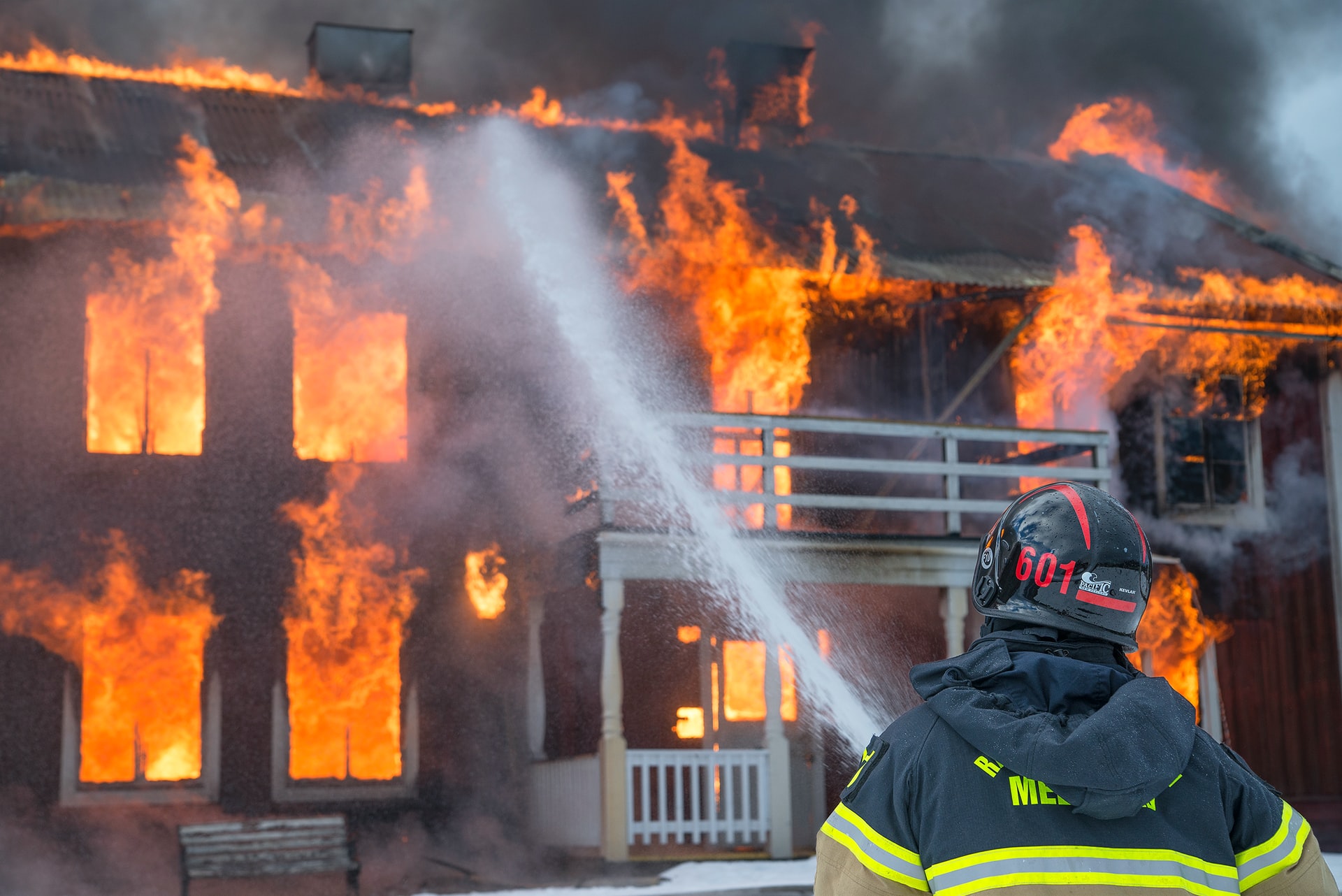May 31, 2022 | Risk Mitigation
Important Fire Safety Tips for Fire Prevention
The National Fire Protection Association (NFPA) reports that each year fires cause death and injuries, millions of dollars in property damage and countless hours of lost time. You may have only minutes to escape once a fire starts. In an effort to help keep you and your loved ones safe, we have compiled a list of important fire-safety tips. Whether you are at home or work, always be aware of your surroundings and know what to do in the event of a fire.
Test Smoke Detectors Regularly
Always ensure your smoke detectors are functioning properly and test them monthly. If you notice your smoke detectors are beeping, there could be a low battery. Replace the battery and if a problem persists with your smoke detector, contact your local fire department for assistance. Don’t become a statistic, there are 1,450 deaths from non-working or missing smoke alarms during a fire.
Plan Evacuation Routes
Only 23 percent of homes in the United States have a fire evacuation plan. Increase your chances of survival with an evacuation route that allows you and your family to quickly escape a fire. Keep a printed plan on the side of your fridge or somewhere where you can see it often. Be sure to have an additional route in case one is blocked by fire. If you live in a home with a second floor, make sure you have a ladder you can easily get to.

Invest in a Fire-Resistant Safe
Keeping documents safe should be a top priority when it comes to fire safety. Regardless of where you live you should invest in a fire-resistant safe to store documents like birth certificates, passports, insurance policies, credit cards, social security cards and valuable jewelry. This ensures a speedier path to recovery afterward a fire if you’re not spending time tracking down these documents.
Clean the Clutter
A cluttered home that blocks exits and pathways to safety increases risks to all occupants.
Fires, falls and other accidents are all more likely when pathways and exits are blocked. In addition, blocked pathways can also make it difficult for first responders to assist during their rescue attempts.
Reduce In-Home Risks
On average 900 home fires are started each year from oily rags catching fire. Always lay oily rags flat to dry and never keep them in a pile. If you plan on keeping them, store them in non-combustible metal container that is airtight. You should fill the container with water and a solution that breaks the oil down. Check with your city or waste management officials on properly disposing of the rags.
Disasters can happen, but being prepared with the above tips can better help keep you, your loved ones and your home or business safe.
